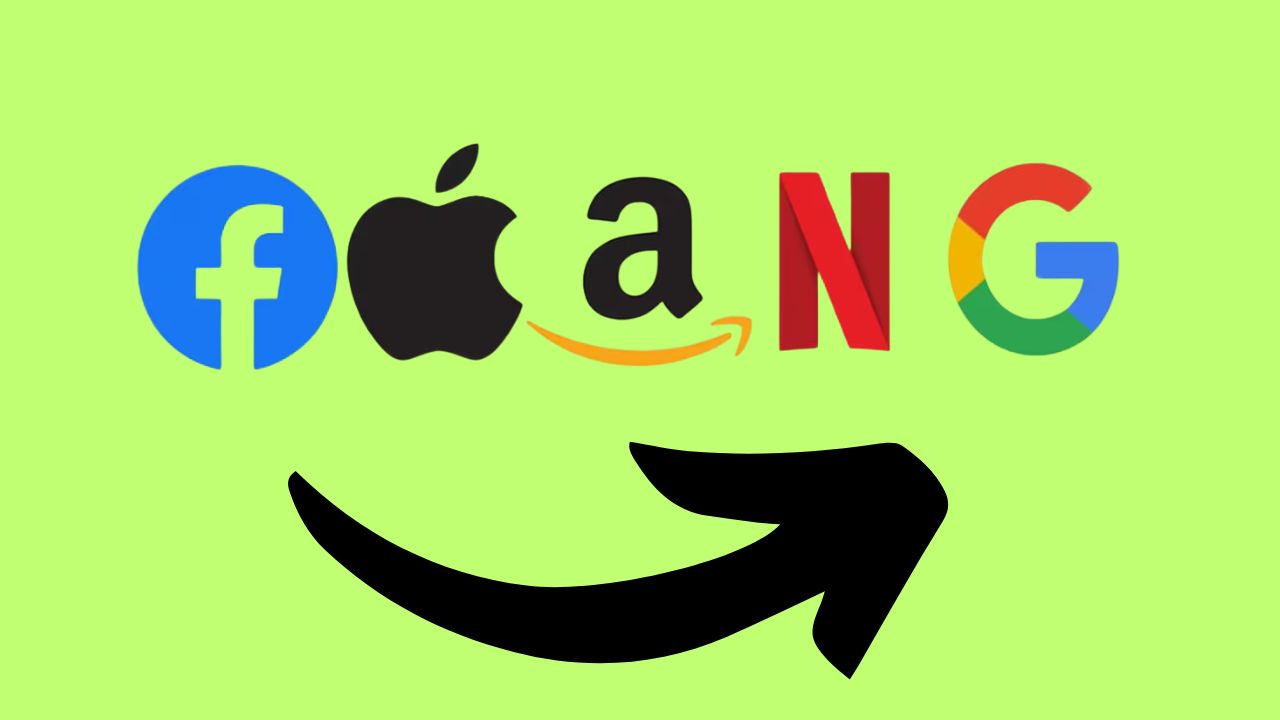Dreaming of working at a FAANG company—Facebook (Meta), Amazon, Apple, Netflix, or Google—but worried your non-Ivy League background might hold you back? Don’t be. While these tech giants are known for their high standards, they value skills, experience, and grit over a fancy degree. This article breaks down how you can land a job at a FAANG company with practical steps, real-world examples, and tips anyone can follow.
What Are FAANG Companies Looking For?
FAANG companies hire for roles like software engineers, data scientists, product managers, and more. They prioritize candidates who can:
-
Solve complex problems (think coding challenges or system design).
-
Communicate clearly and work well in teams.
-
Show real-world experience through projects or internships.
-
Demonstrate a growth mindset and willingness to learn.
A 2023 post on X noted that Google hired over 20% of its software engineers from non-elite universities, and Amazon’s workforce includes many self-taught coders. Your degree matters less than your ability to prove you can do the job.
Step-by-Step Guide to Landing a FAANG Job
1. Master the Skills
FAANG roles, especially in engineering, demand strong technical skills. Focus on:
-
Coding: Learn languages like Python, Java, or C++. Practice data structures (arrays, linked lists, trees) and algorithms (sorting, searching, dynamic programming).
-
System Design: For senior roles, understand how to design scalable systems (e.g., a URL shortener or messaging app).
-
Tools: Use platforms like LeetCode, HackerRank, or CodeSignal to practice coding problems. Aim to solve 100–200 problems to build confidence.
Tip: Start with easy problems and gradually tackle medium and hard ones. LeetCode’s “Top 100 Interview Questions” is a great starting point.
2. Build a Standout Portfolio
A portfolio showcases your skills through real projects. Create:
-
Personal Projects: Build a web app, mobile app, or data visualization tool. For example, a weather app using Python or a portfolio site with React.
-
Open-Source Contributions: Contribute to projects on GitHub. Even small fixes (like updating documentation) show initiative.
-
Side Hustles: Freelance or intern to gain practical experience.
Case Study: Sarah, the Self-Taught CoderSarah, a former teacher with no degree in tech, learned Python through freeCodeCamp. She built a task management app and contributed to open-source projects on GitHub. After six months of practicing on LeetCode, she landed a software engineering role at Google. Her portfolio and persistence made her stand out, despite no formal degree.
3. Network Like a Pro
Connections can get your foot in the door. Here’s how:
-
LinkedIn: Optimize your profile with keywords like “software engineer” or “data analyst.” Share posts about your projects or tech topics.
-
Referrals: Reach out to FAANG employees for informational interviews. A referral from an employee can boost your application.
-
Events: Attend tech meetups, hackathons, or virtual conferences to meet recruiters and engineers.
Pro Tip: A polite message like, “Hi [Name], I admire your work at [Company]. I’m learning [Skill] and would love to hear about your journey,” can open doors.
4. Nail the Interview
FAANG interviews are rigorous, often including:
-
Coding Interviews: Solve problems on a whiteboard or platform like HackerRank.
-
Behavioral Interviews: Answer questions like, “Tell me about a time you faced a challenge.” Use the STAR method (Situation, Task, Action, Result).
-
System Design: For senior roles, design a system (e.g., a ride-sharing app) while explaining your thought process.
Resource: Cracking the Coding Interview by Gayle LaaKmann McDowell is a must-read. It covers 189 practice problems and interview strategies.
Case Study: Raj, the Bootcamp GradRaj attended a 12-week coding bootcamp at General Assembly after graduating from a state university. He practiced 150 LeetCode problems and used mock interviews on Interviewing.io. His clear communication during Amazon’s behavioral interview, paired with strong coding skills, earned him a role as a software development engineer.
5. Learn Through Alternative Paths
You don’t need an Ivy League degree to gain FAANG-level skills. Try:
-
Online Courses: Platforms like Coursera (Google IT Certificate), Udemy (JavaScript bootcamps), or edX (Harvard’s free CS50) offer affordable learning.
-
Bootcamps: Programs like Flatiron School or App Academy teach in-demand skills in 3–6 months.
-
Certifications: AWS Certified Developer or Google Cloud Professional certificates add credibility.
A 2024 Levels.fyi report found that 15% of FAANG engineers came from bootcamps or self-taught backgrounds, proving these paths work.
Common Mistakes to Avoid
-
Skipping Basics: Don’t jump to advanced topics without mastering data structures and algorithms.
-
Generic Applications: Tailor your resume to each FAANG company, highlighting relevant skills.
-
Underpreparing for Interviews: Practice mock interviews to build confidence.
Real-World Inspiration
Case Study: Maria, the State School StarMaria graduated from a public university with a biology degree but pivoted to tech. She took Coursera’s Python course, built a machine learning project, and networked with Google employees on LinkedIn. After acing the interviews, she joined Google as a data analyst. Her story shows that passion and preparation trump pedigree.
Final Thoughts
Landing a job at a FAANG company without an Ivy League degree is absolutely possible. Focus on building skills, creating a strong portfolio, networking, and preparing for interviews. With dedication, you can join the ranks of talented professionals at these tech giants.
